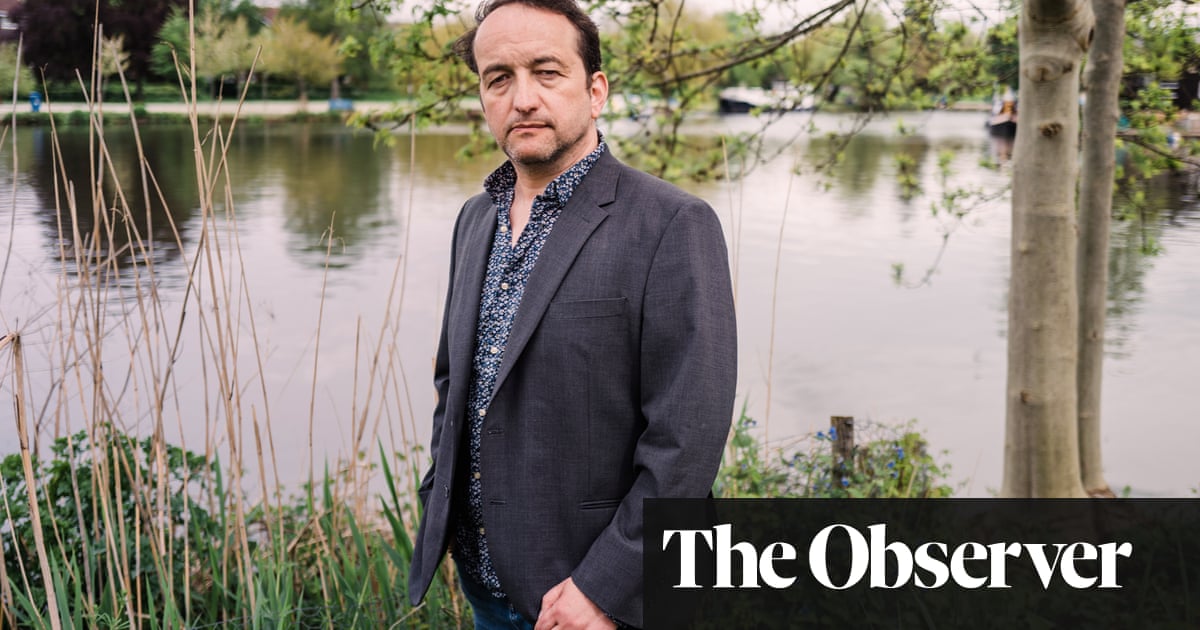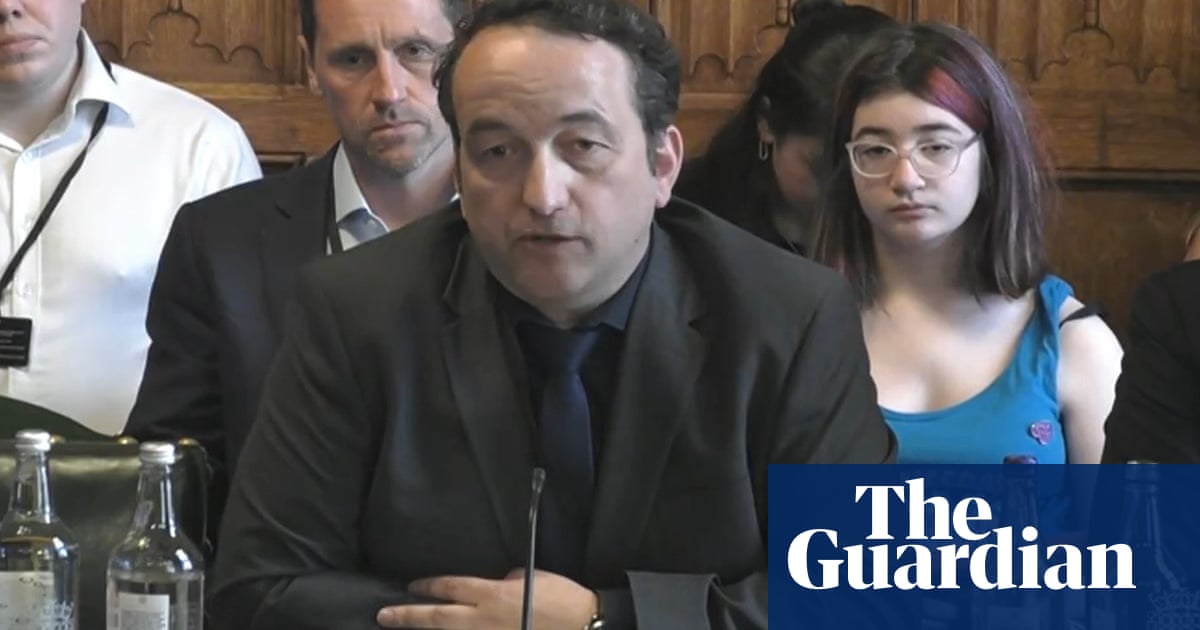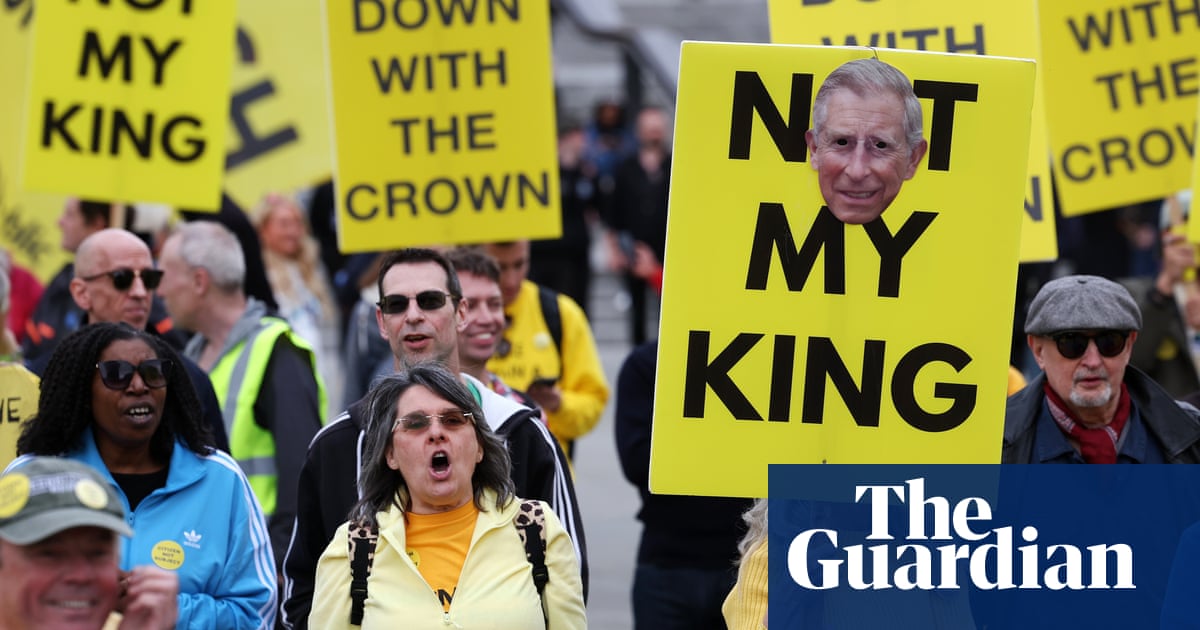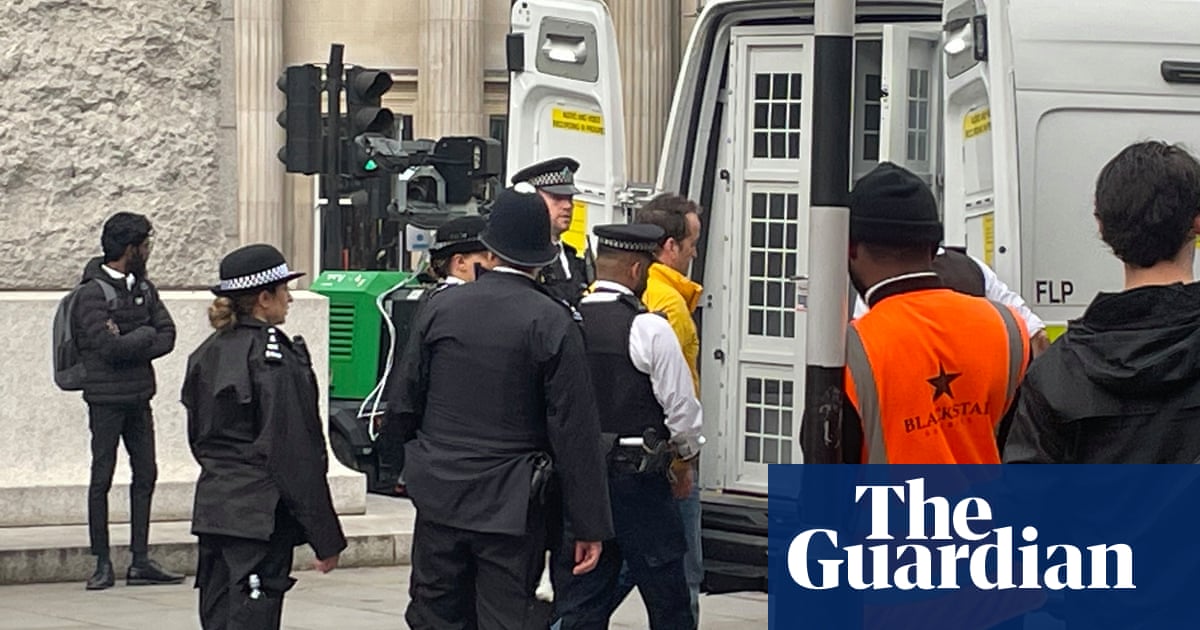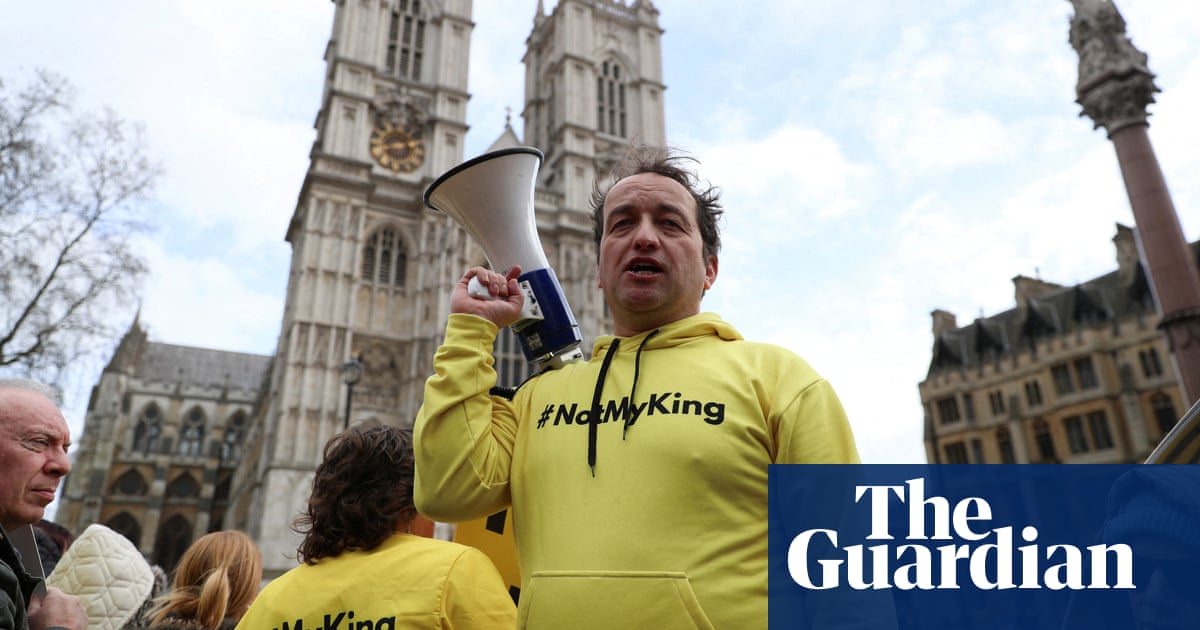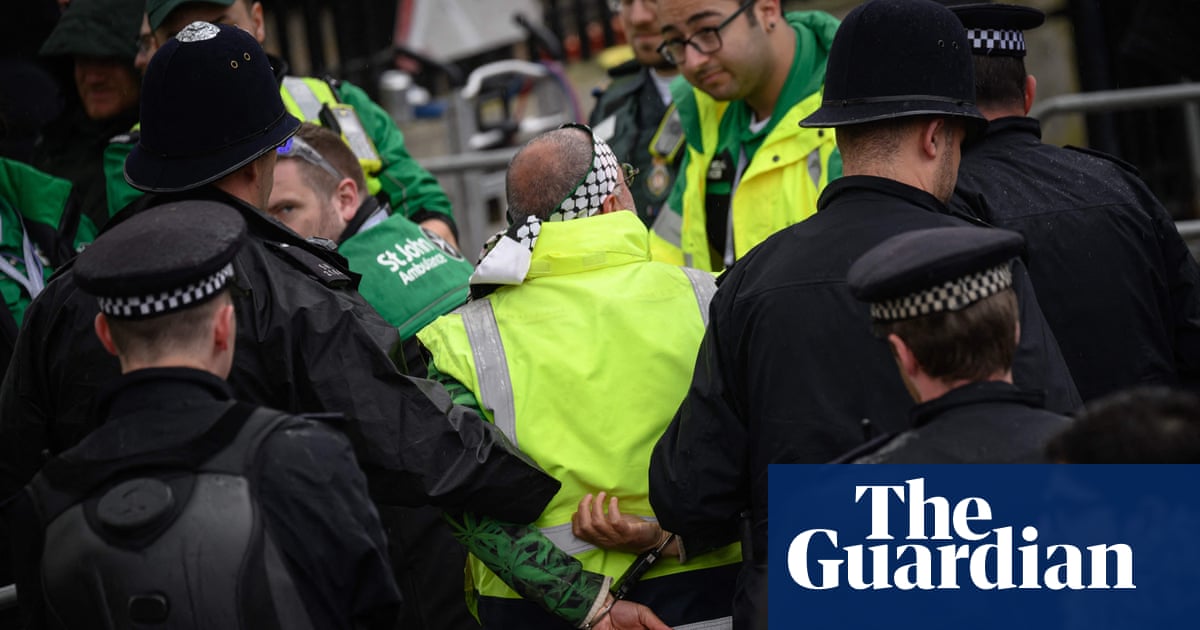
The arrest of anti-monarchy protesters at King Charles’s coronation and intimidatory Home Office warnings to campaigners before the event are to be scrutinised by a committee of MPs.
In a statement, the home affairs select committee said it would examine the Metropolitan police’s handling of republican protests at an evidence session next Wednesday.
It will investigate the force’s approach to public demonstrations, the practical implementation of the public order bill and the arrest of republican protesters. A full list of witnesses will be announced in the coming days.
Dame Diana Johnson, the chair of the home affairs select committee, said there were “real questions” about how the new Public Order Act was used to hold leading members of Republic for up to 16 hours during the coronation.
Speaking to BBC Radio 4’s Today programme, Johnson said she would be interested in reviewing how broad the law was and “what guidance was given to frontline police officers and whether there is an issue about training”.
She added: “There had been in this case, months of negotiation and liaison with Republic about their protest.”
Days before the coronation, the Guardian revealed that the Home Office sent official warning letters to anti-monarchists to point out the new criminal offences under the act.
Johnson suggested this tactic would also be scrutinised. She said: “I want to know why the Home Office are writing to organisations, as they did with Republic, setting out changes in the law. That’s been seen to be perhaps intimidatory and I don’t know whether that’s a new tactic that the Home Office are using.
“That issue of how protests were policed is something that has raised concerns, particularly about the implementation of this very new act of parliament, the Public Order Act 2023, and particular section 2, which is about going equipped to lock on, which seems to have been at the core of why members of Republic were arrested around the use of luggage tags.”
Johnson added: “So there are real questions about that and we think this morning we’ll need to look at that and decide whether we want to have that short inquiry to learn some lessons and see what the implementation of that act actually means in practice to frontline police officers.”
On Tuesday, the head of the Met police, Mark Rowley, said it was “unfortunate” that six members of Republic were unable to take part in a protest that had been pre-arranged with the force. But in an article for the Evening Standard he supported the officers involved and said the arrests were cheered and applauded by crowds in the Mall.
The force also released without charge three women’s safety volunteers who were arrested on suspicion of committing a public nuisance for carrying rape alarms at the coronation.
Johnson also wants answers about the treatment of these women. She said: “There’s also an issue about the women who were giving out the rape alarms as well and the how they ended up arrested. I don’t think it was under the Public Order Act 2023, but they were arrested as well.
“There’s an issue there about liaison with the Metropolitan police and partner organisations like Westminster council … I think it’s absolutely right that the committee looks at whether the operational policing in London through the Met is working.”
Johnson also cited concerns of the former Greater Manchester police chief Sir Peter Fahy, who said “poor police officers” were left to interpret the law “passed only a few days” before the coronation.




